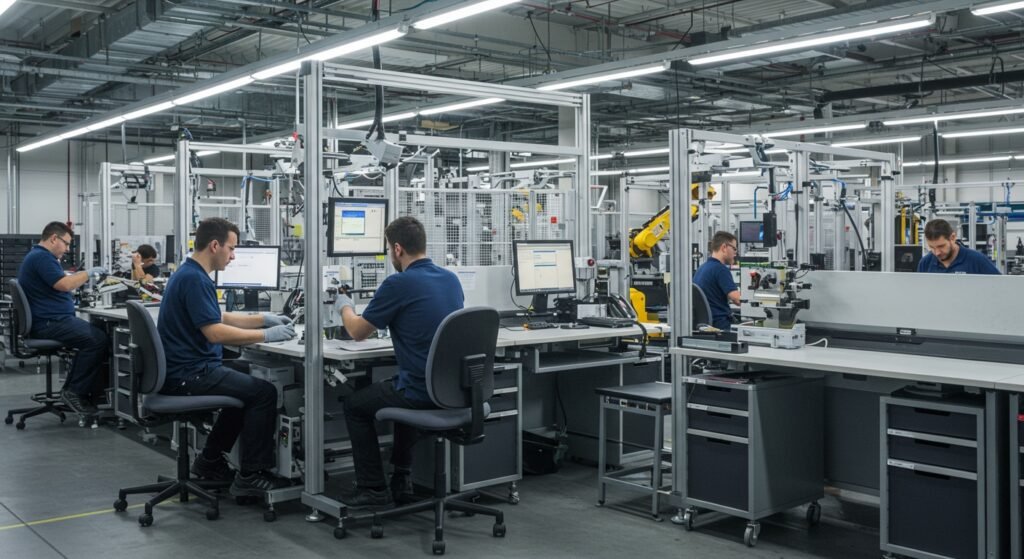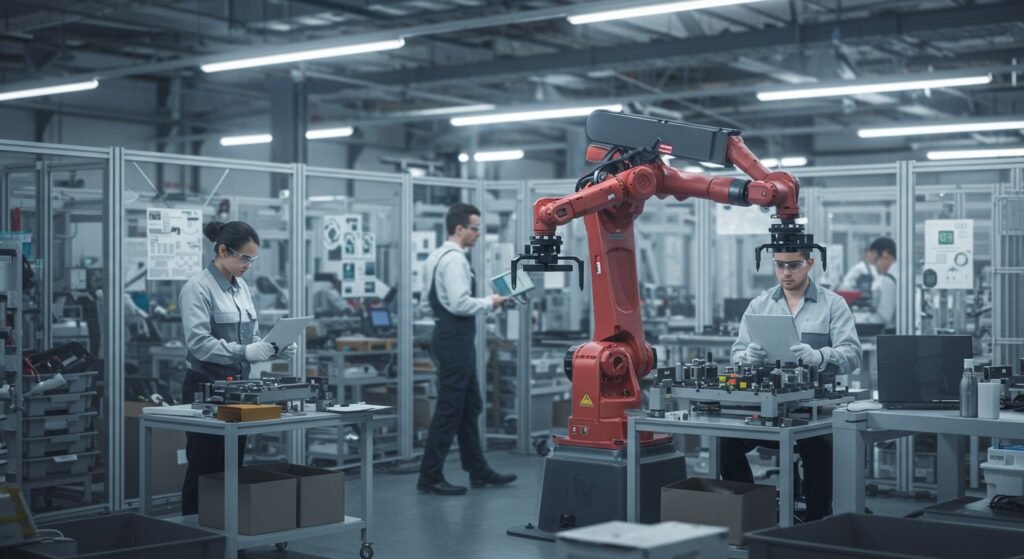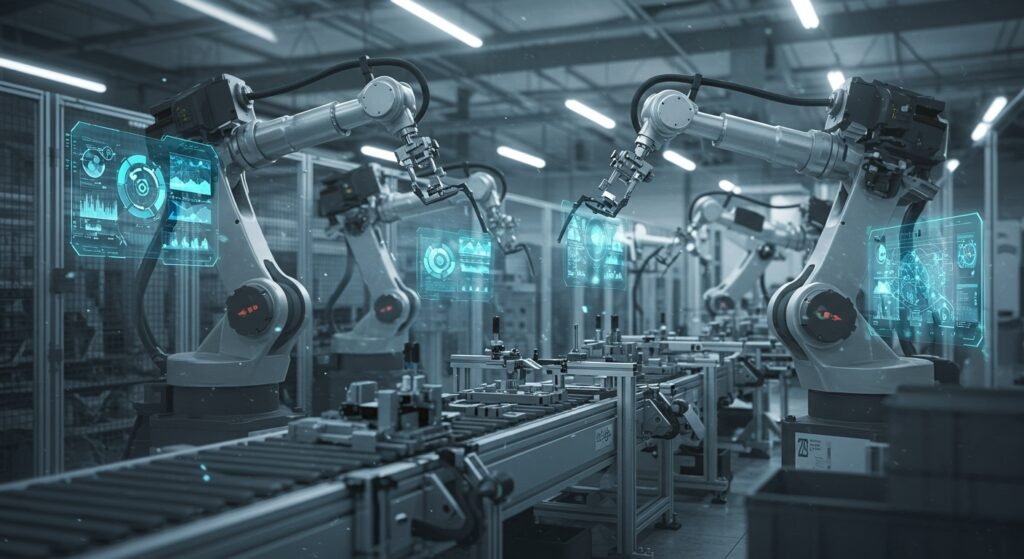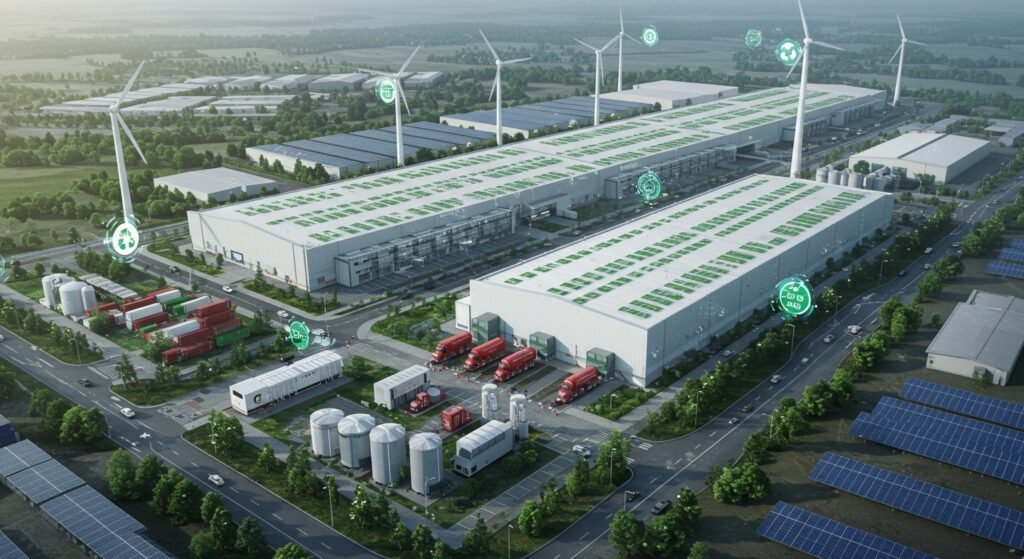Boost Your Profits: 7 Ways Energy Management Transforms Industrial Efficiency
In today’s competitive industrial landscape, maximizing operational efficiency is paramount. One of the most impactful strategies for achieving this is robust energy management. By strategically monitoring, analyzing, and optimizing energy consumption, industries can unlock significant cost savings, reduce their environmental footprint, and enhance overall productivity. This comprehensive guide will explore the critical role of energy […]
Boost Your Profits: 7 Ways Energy Management Transforms Industrial Efficiency Read More »









